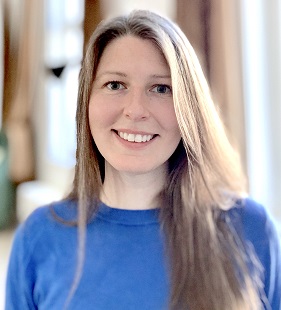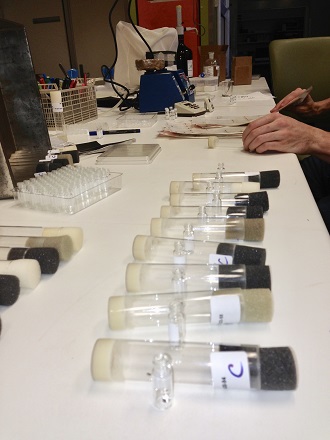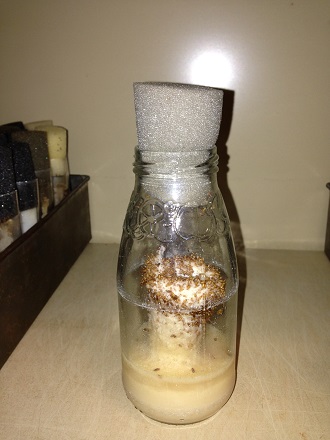About the department:
I’m at the main St. George Campus of the EEB Department at the University of Toronto. The EEB department is made of an amazing group of researchers at three campuses and the Royal Ontario Museum, with diverse research foci ranging from disease ecology, to biodiversity and systematics, theoretical biology, and genetics and genomics. We also have large graduate program with truly impressive graduate students that are a pleasure to work with.
About the research:
My long-term research objective is to understand why traits stop evolving. The broad questions we’re working on include: how genetic variation is maintained in populations, how the genetic architecture of traits and selection interact to potentially limit evolution, and how antagonistic pleiotropy within or between sexes may limit evolution. We tackle these questions with quantitative genetics and genomics, comparative analyses, and develop new approaches for the analysis of multivariate data. We use Drosophila as a model organism, and most of what we do involves assays of fitness, morphology, behaviour, and pheromones. My main study organism, D. serrata, is particularly appealing as a model organism due to its relevance in sexual selection and conflict research, and more recently as a model for climate change research, enabling a variety of perspectives in projects.
What has been the biggest challenge as a new PI so far?
One of the biggest challenges for me has been finding a way to consistently make progress on projects, instead of saving them up for the rare, large blocks, of open time in my schedule. As a new PI who is growing their lab, I’m still the driver for many of the projects that happen in the lab, and am still figuring out the best way to protect my science-time. I recently reached out to some colleagues for their tips, and one nugget of advice I received was “remember that obsolescence and senescence come to all of us, often at the same time....”. So, even if I never figure out the optimal strategy, I can look forward to my students teaching me things in a few years.
Are you recruiting? If so, how do you/ will you choose new lab members?
Yes, I am recruiting! I’m on the lookout for enthusiastic and hard-working students who have a genuine curiosity to understand the living world and a passion for science.
When was your first Evolution Meeting, and how did it affect your career?
My first Evolution meeting wasn’t until in 2016 in Austin (not counting the joint meeting in 2012 in Ottawa). I gave a talk and met my future postdoc advisor, so I would have to say the meeting had a very positive impact on my career.
Do you remember your first publication in Evolution or Evolution Letters (acceptance or rejection)?
Yes, my first paper was published in Evolution in 2012! We had an excellent Associate Editor and reviewers, and it came back with major revisions on the first round. It was a great first experience with publishing, and Evolution remains one of my favourite journals to publish in. Actually, many of my papers are published in Evolution, and I just had one accepted in February.
Are you involved in evolution outreach? Tell us about it.
Since starting my faculty position, I haven’t been involved in Evolution outreach, but it’s something that I hope to get back into. During grad school I was a Young Science Ambassador for a program called Wonder of Science. We went to rural Queensland schools to support science education for students in rural and Indigenous communities. Interacting with these students and teaching them about science was a really fun and rewarding experience.
What one piece of advice would you give to a starting graduate student?
My one piece of advice would be to treat grad school like it’s your job and not your identity. What I mean by that is, go to work (or your work-from-home couch, these days) every day and love what you do, and then go home and take a break. Enjoy life outside of grad school and remember that failures in grad school are not failures in life, learn from them, and keep going.
How was your first faculty meeting?
My first faculty meeting was about a week after I arrived on campus, which was great timing to meet many of my colleagues. So far, I’ve really enjoyed the faculty meetings and learning about the goings-on and inner workings of the department. We also have awesome pastries and other breakfast items. Turns out, enthusiasm for free food doesn’t end when you get a job!
 Jacqueline Sztepanacz
Jacqueline Sztepanacz
